Peterbilt 388 Day Cab For Sale – Additionally, there is the challenge of integrating the business into their existing operations and ensuring that it continues to thrive under new ownership. One common concern is the risk of purchasing items that are damaged or not as described. Success after the acquisition depends on a variety of factors, such as effective leadership, market conditions, and the buyer’s ability to make improvements and capitalize on growth opportunities. In a circular economy, items are kept in use for as long as possible, reducing the need for new resources and minimizing environmental harm. Additionally, second-hand furniture allows buyers to find unique items that may not be available in traditional furniture stores. This shift from a linear economy, where products are made, used, and disposed of, to a circular one, where products are continually reused and repurposed, is a step towards a more sustainable and environmentally friendly world. For the seller, the goal is often to maximize the value of the business, while for the buyer, the focus is on ensuring that the investment is sound and that the business can continue to thrive under new ownership. Websites and apps like eBay, Craigslist, Facebook Marketplace, and Poshmark have made it easier than ever to find second-hand goods for sale, offering a wider selection and more convenience than traditional brick-and-mortar stores. Many people continue to resist the notion that everything has a price, and they fight to reclaim what is meaningful and valuable in life. For the buyer, acquiring such a piece may carry with it the honor of preserving a legacy, or the satisfaction of adding a unique, timeless item to their own collection. Every click, every like, every follow, is part of an ongoing transaction. One of the primary reasons people turn to second-hand goods for sale is financial. Relationships can become transactional, where each party enters into an agreement based on what they stand to gain. Sellers often find themselves in a strange position, balancing the emotional attachment to the item with the rational need to let it go. For many people, there is something uniquely satisfying about sifting through racks of clothes, rummaging through bins of books, or browsing shelves of home goods in search of that perfect item. Even in a marketplace where everything is commodified, there is still room for those moments and experiences that transcend value. But the price of quality goods can often be a barrier for many. Once a suitable business has been identified, the buyer usually begins the due diligence process, which involves reviewing all relevant documents, financial records, and contracts. The ability to share knowledge, ideas, and resources has empowered individuals in ways that were previously unimaginable. It implies that there’s nothing off-limits, nothing beyond the reach of commerce.
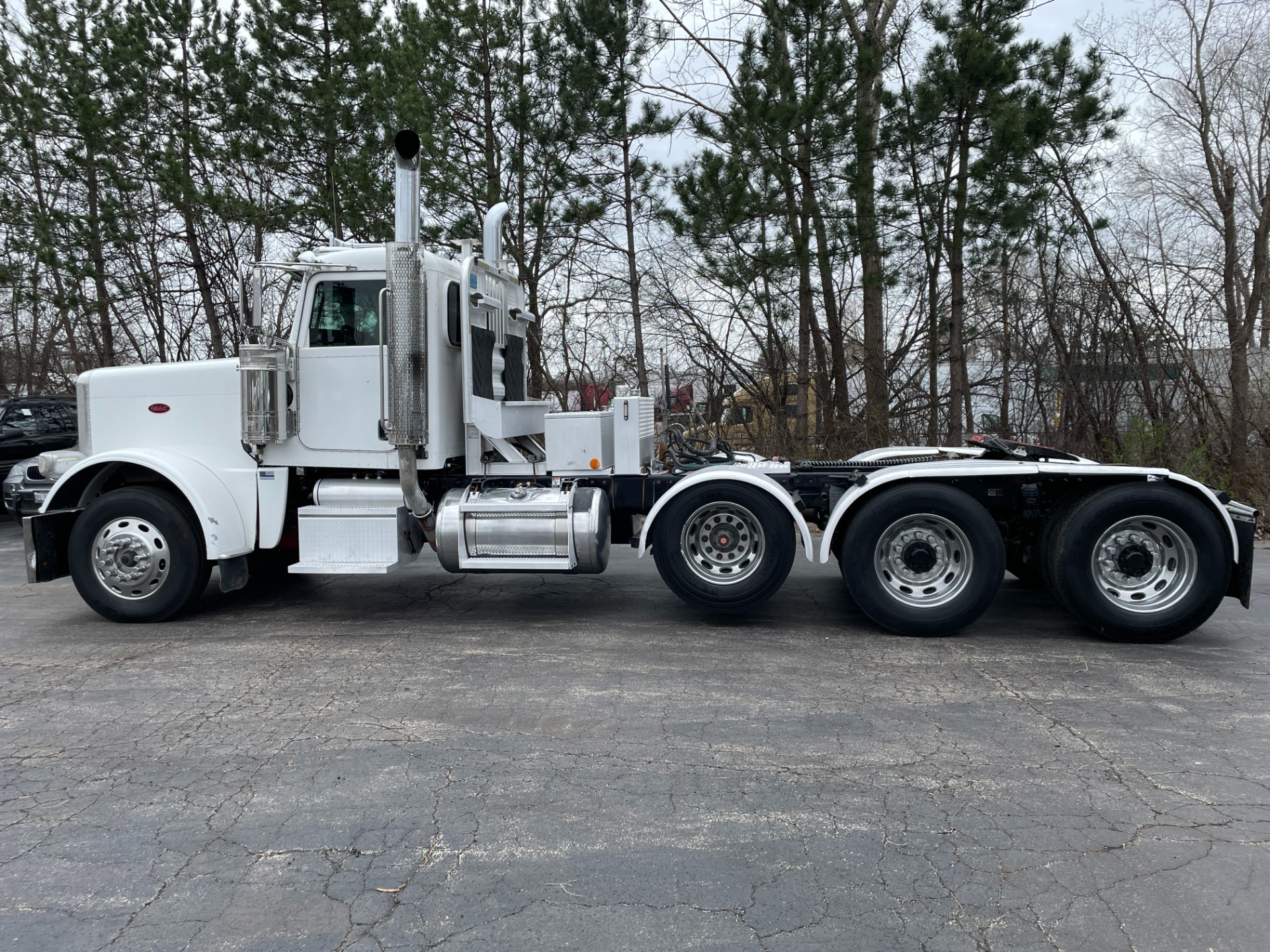
Used 2009 Peterbilt 388 Day Cab Cummins ISX15 550 HP WET KIT For
Best buying experiencesearch, call and buynationwide availability
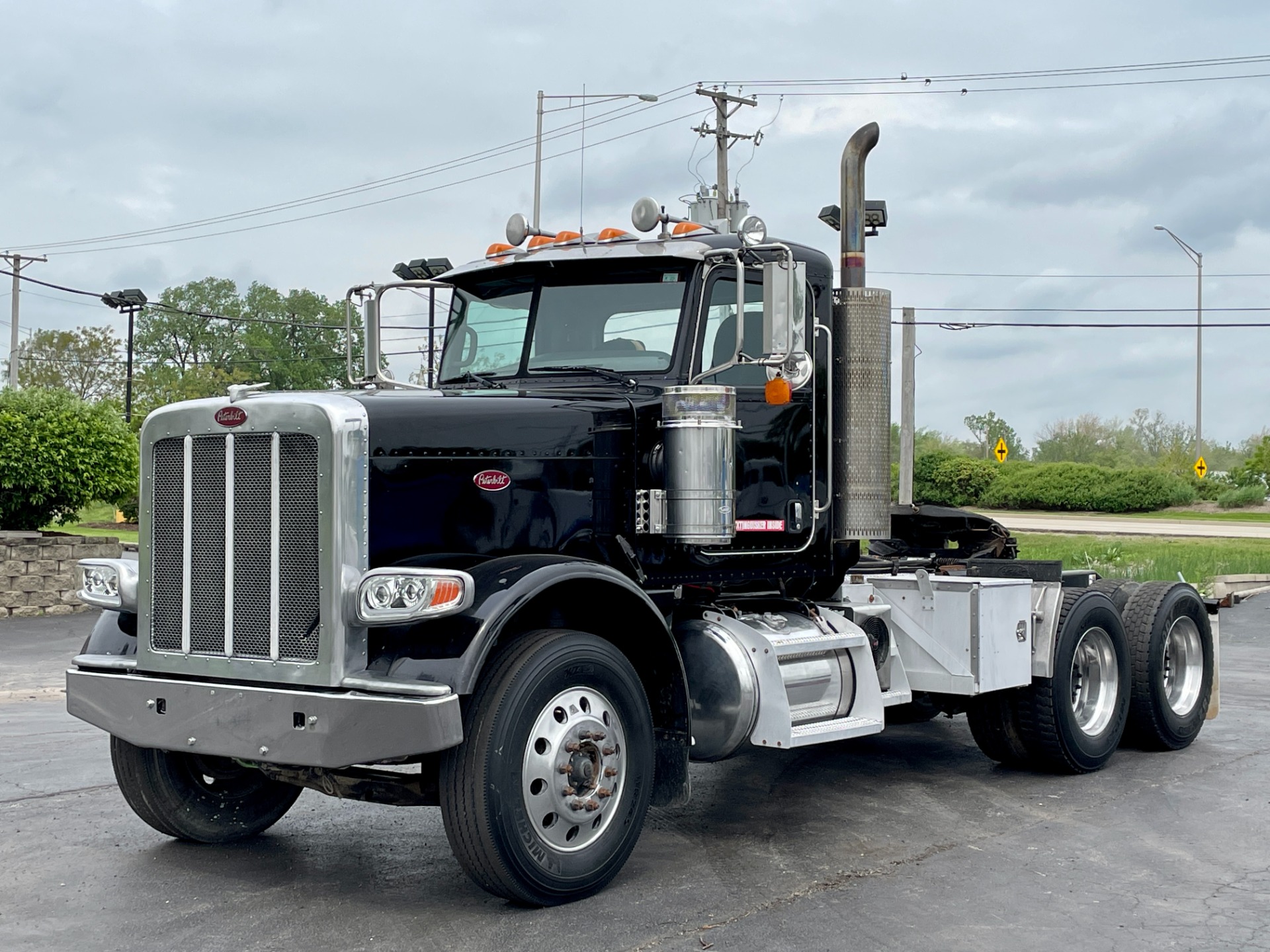
Used 2011 Peterbilt 388 Day Cab CUMMINS ISX15 15 Speed Manual
Best buying experiencesearch, call and buynationwide availability
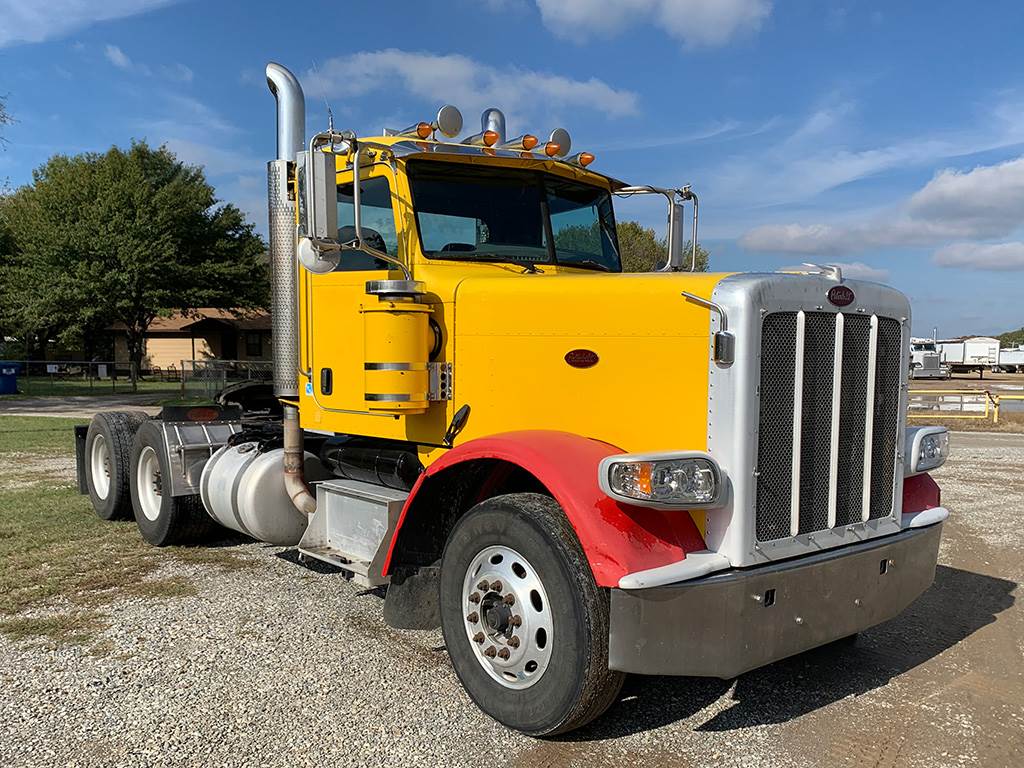
2009 Peterbilt 388 Day Cab Truck Caterpillar 525HP For Sale Fort
Best buying experiencesearch, call and buynationwide availability
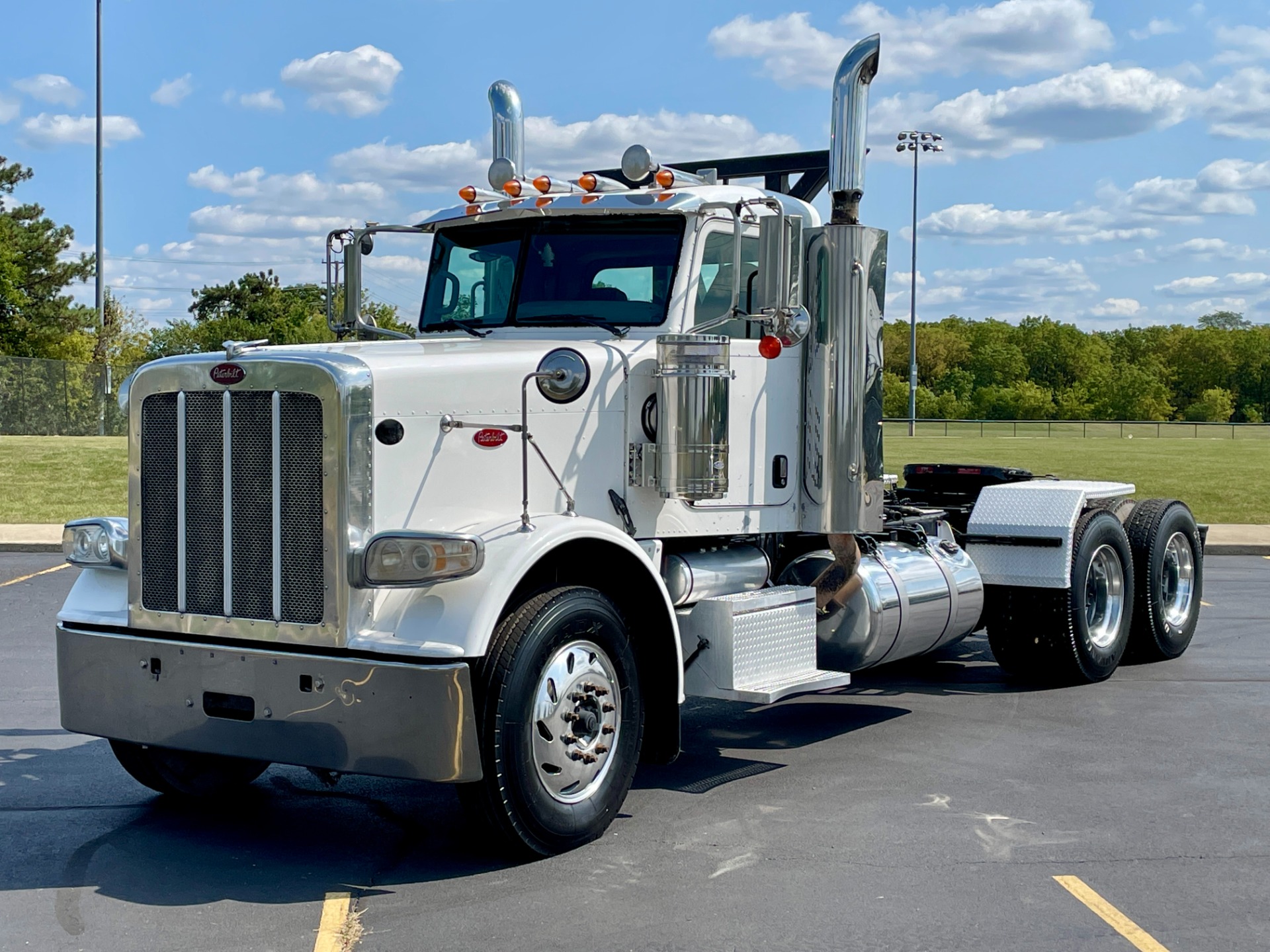
Used 2009 Peterbilt 388 Day Cab C15 ACERT 475 Horsepower WET KIT
Best buying experiencesearch, call and buynationwide availability
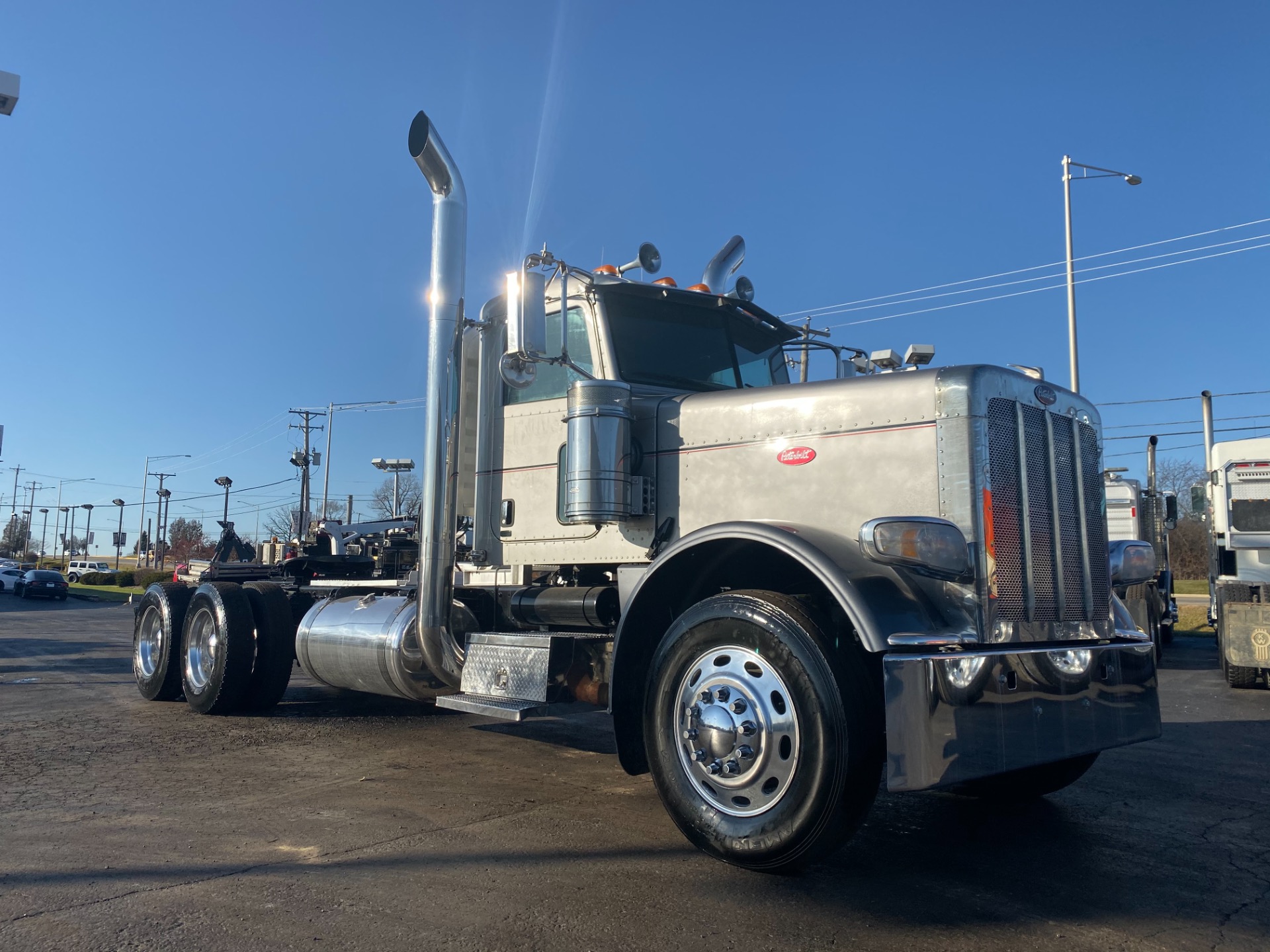
Used 2012 Peterbilt 388 Day Cab For Sale (Special Pricing) Chicago
Best buying experiencesearch, call and buynationwide availability
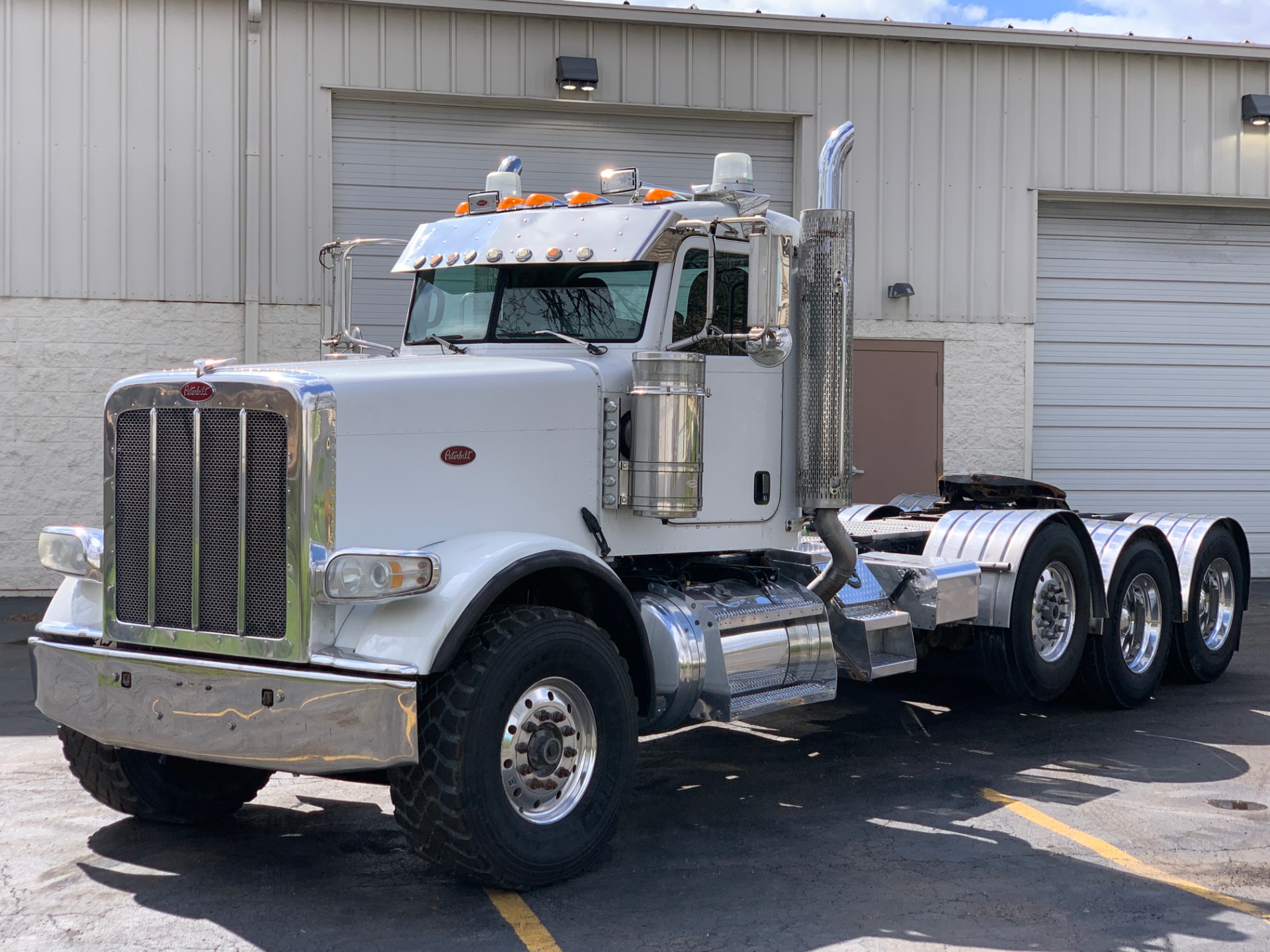
Used 2010 Peterbilt 388 TriAxle Day Cab Cummins ISX 550 hp For Sale
Best buying experiencesearch, call and buynationwide availability
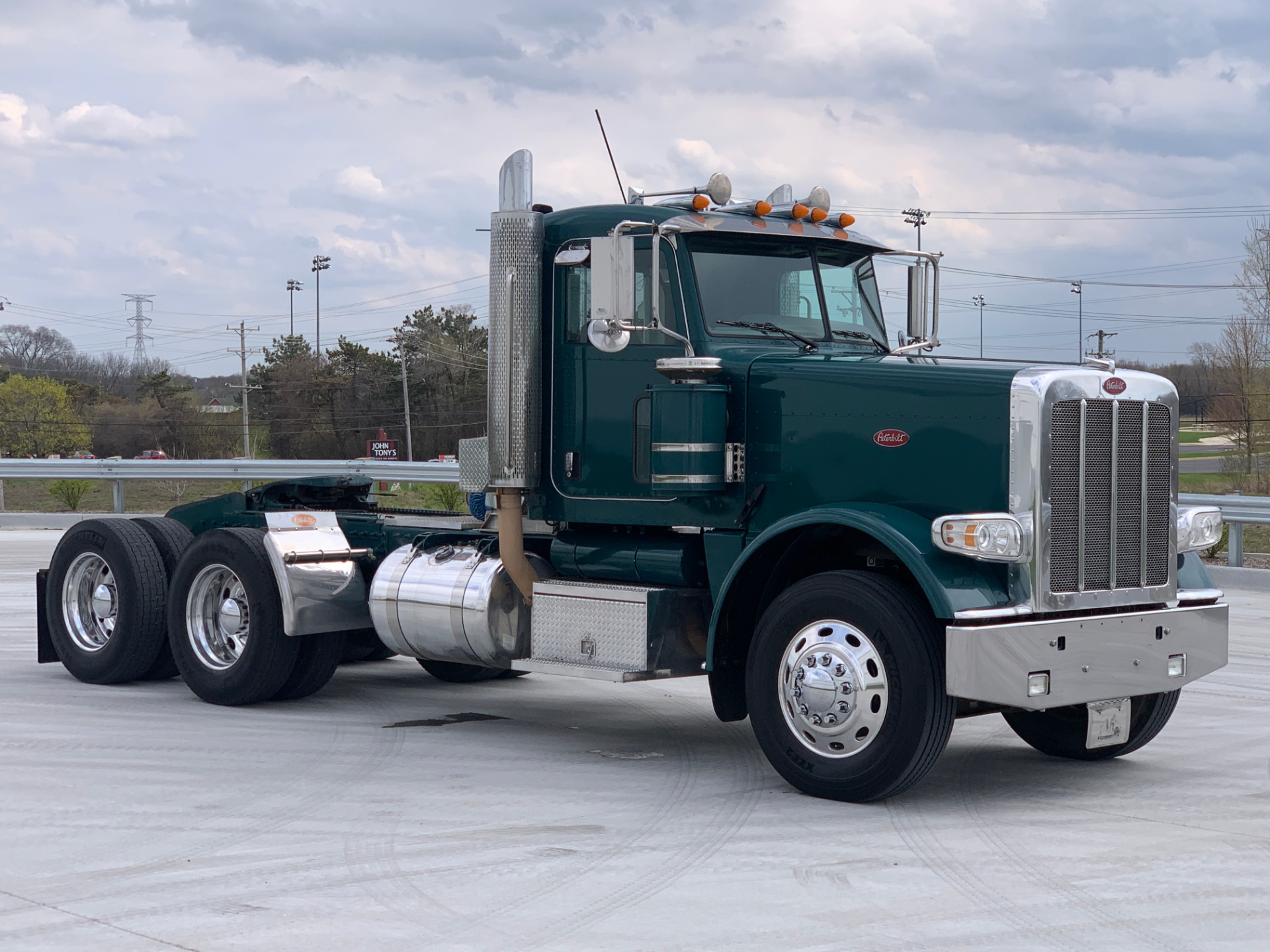
Used 2009 Peterbilt 388 Day Cab Cat C15 18Speed For Sale (Special
Best buying experiencesearch, call and buynationwide availability
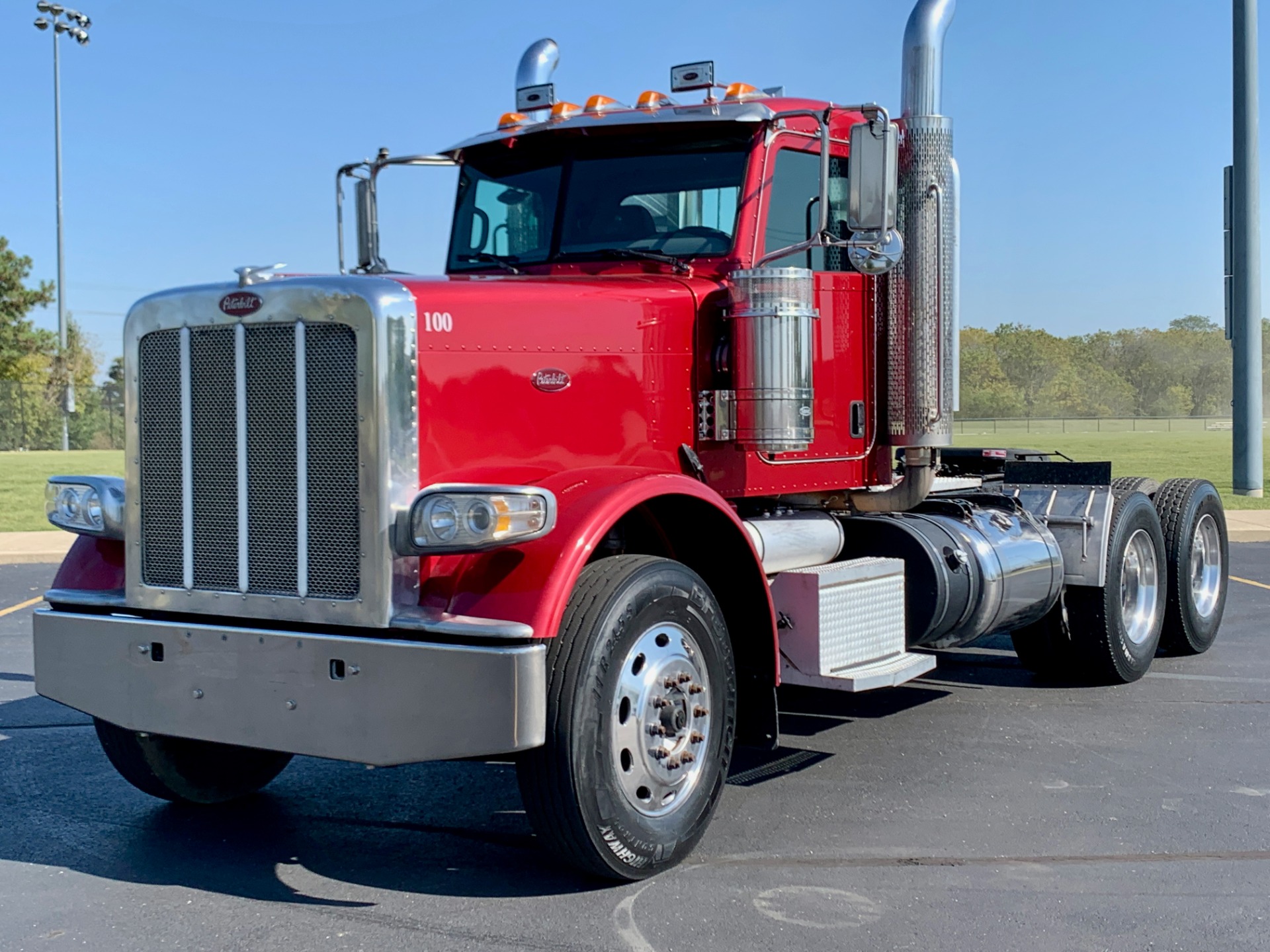
Used 2012 Peterbilt 388 Day Cab Cummins ISX15 485 HP 10 Speed
Best buying experiencesearch, call and buynationwide availability
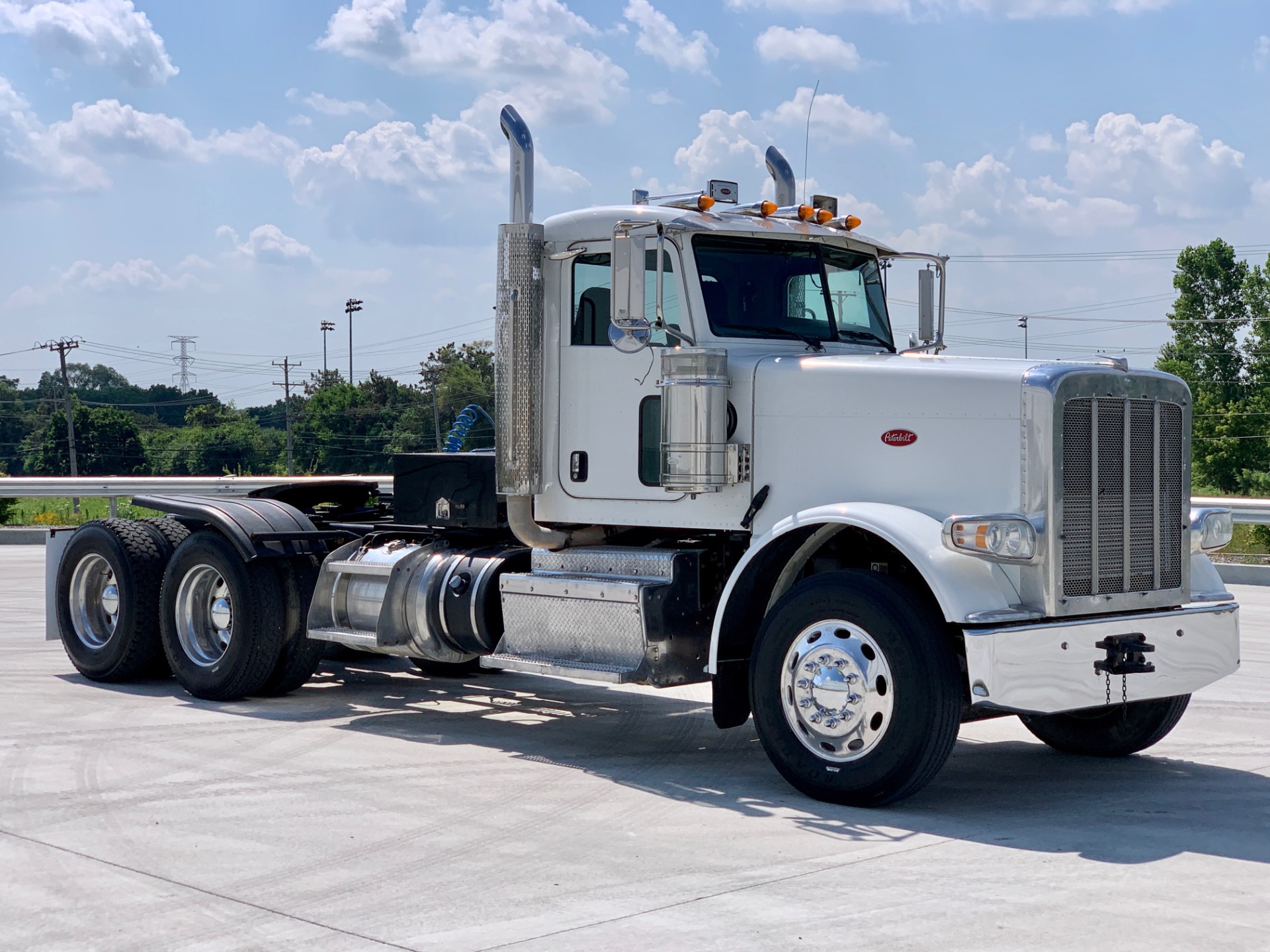
Used 2014 Peterbilt 388 Day Cab Cummins ISX 485 HP 13Speed For
Best buying experiencesearch, call and buynationwide availability

Used 2009 Peterbilt 388 Day Cab Cat C15 18Speed For Sale (Special
Best buying experiencesearch, call and buynationwide availability
It forces us to ask difficult questions about ownership, worth, and the limits of human desire. A well-made frying pan or a durable pair of boots might not have the cachet of a designer handbag, but their value lies in their functionality and reliability. One of the most popular categories of second-hand goods for sale is clothing. The same logic applies to tools, kitchen appliances, furniture, and even technology. In conclusion, second-hand goods for sale represent more than just a financial transaction; they embody a shift toward sustainability, individuality, and social responsibility. Whether through thrift stores, flea markets, online platforms, or garage sales, second-hand goods provide consumers with an opportunity to find items they might not otherwise be able to afford, while also contributing to a circular economy where products are reused and repurposed. For the buyer, there is the risk of inheriting a business with hidden problems or liabilities that were not disclosed during the due diligence process. For those on a budget or looking to stretch their money further, second-hand markets provide an opportunity to purchase goods that would otherwise be out of reach. But in the end, whether it’s an item or an individual, the process of being “for sale” is a negotiation of worth, a moment of exchange. Workers are often paid meager wages for their labor, while corporations amass wealth. Beyond financial savings and environmental impact, second-hand goods also offer a sense of nostalgia and connection to the past. From the most trivial items in a dollar store to the most precious works of art in a museum, everything can be assigned a price. For the buyer, purchasing a home is a dream realized, a step toward security and stability. Similarly, vinyl records have experienced a resurgence in recent years, with collectors seeking out rare albums and vintage pressings. For many, purchasing second-hand goods is not only a practical and affordable choice but also an environmentally conscious one. Acquiring an established business can provide a head start in terms of customer relationships, operational systems, and brand recognition. For many, owning a quality product means owning a piece of history, a connection to something larger than themselves. Thrifted clothing, vintage furniture, and pre-owned electronics are often seen as more authentic and unique than brand-new, mass-produced items. For sellers, online platforms can expand their reach to a global audience of potential buyers, increasing the chances of finding the right match for their business. In some cases, a business may look profitable but may be hiding significant underlying issues, such as declining sales, ineffective marketing strategies, or employee dissatisfaction.
The longer something is used, the less likely it is to contribute to the growing problem of waste. The appeal of finding a hidden gem, something that has been cherished by someone else and is now available for a new owner, is a part of the allure of second-hand goods. The rise of minimalist living, which emphasizes owning fewer, more meaningful possessions, has played a role in this shift. Acquiring an established business can provide a head start in terms of customer relationships, operational systems, and brand recognition. This is particularly evident in industries such as furniture, clothing, and electronics. When someone talks about purchasing quality goods, they are likely thinking of items that have been designed to last, to provide a superior experience, and to offer a sense of value far beyond the initial cost. By choosing second-hand goods, consumers can help reduce waste, conserve resources, and lessen the demand for new production. Influencers sell their attention, their opinions, their lives — all of it has become a form of commerce. There are those who argue that not everything should be for sale. They are intended to last for a limited amount of time, after which they become outdated, broken, or no longer functional. The very notion that everything can be bought and sold creates a society where inequality is not just accepted, but ingrained in the very structure of the economy. Manufacturing new items requires energy, raw materials, and natural resources, all of which contribute to environmental degradation. The resale of pre-owned clothing has become a booming industry in recent years, with second-hand stores and online marketplaces thriving as more consumers opt for affordable, sustainable alternatives to fast fashion. For book lovers, buying second-hand books is an affordable way to build a library, and it can also be an opportunity to find rare or out-of-print titles that are no longer available in stores. But what about the intangible things? Can memories be bought? Can feelings, emotions, or connections be traded? In a sense, many people would argue that in today’s world, even the intangible is up for grabs. Selling such an item can be a difficult decision, yet it often represents the practical need to downsize or make space for something new. For instance, when someone is job hunting, it can feel like they’re placing themselves on the market, waiting for the right offer. While buying and selling second-hand items can come with its challenges, the rewards—both financially and environmentally—make it a worthwhile pursuit for many people. Negotiation is often the most delicate part of the sale process. When we begin to view everything through the lens of commerce, it’s easy to lose sight of the things that make life worth living — the moments that aren’t for sale, the experiences that can’t be bought.